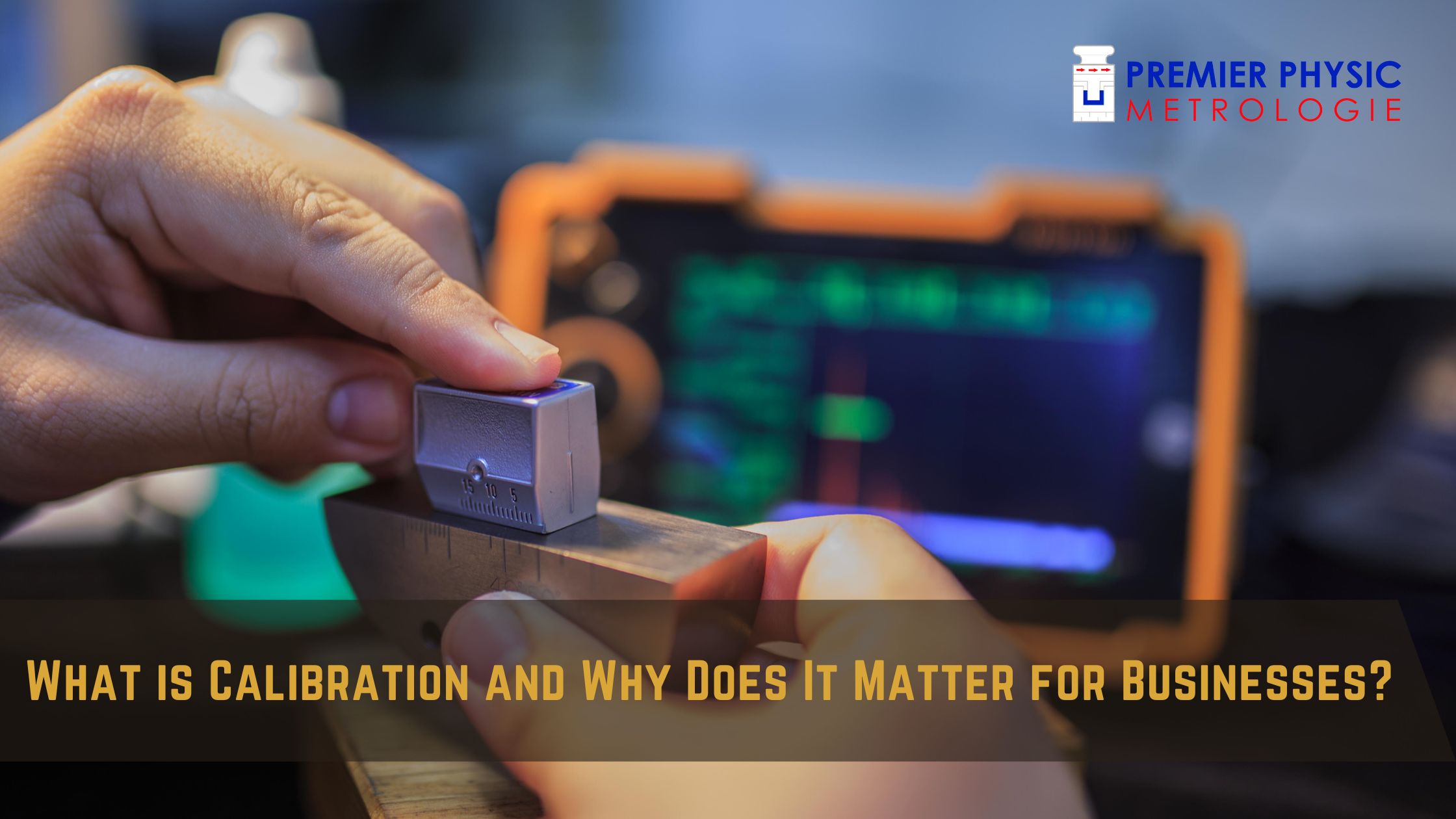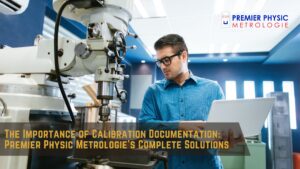Introduction: The Role of Calibration in Modern Business
Calibration is a critical process in the modern business landscape, where precision, reliability, and compliance are paramount. It refers to the comparison of measurement equipment or instruments against a standard to ensure accuracy. For businesses across industries—be it manufacturing, healthcare, logistics, or food production—calibration is essential for maintaining product quality, meeting regulatory standards, and building customer trust.
In this comprehensive guide, we delve into what calibration is, why it matters, and how businesses can effectively integrate it into their operations. Understanding calibration can significantly impact your business’s bottom line, productivity, and reputation in an increasingly competitive market.
What is Calibration?
Calibration is the process of comparing the measurements of an instrument or device to a known standard. This standard is often established by national or international bodies to ensure uniformity and accuracy across industries.
The calibration process typically involves:
- Checking the instrument’s measurements against the standard.
- Adjusting the instrument if deviations are identified.
- Documenting the results in a calibration certificate.
Calibration is performed on various equipment, such as thermometers, scales, pressure gauges, and advanced machinery. Regular calibration ensures that these instruments deliver accurate readings, which are crucial for decision-making and operational efficiency.
Why Does Calibration Matter for Businesses?
Calibration is not just a technical requirement—it has profound implications for business operations, quality, and customer satisfaction.
Ensures Measurement Accuracy
Accurate measurements are the cornerstone of quality and reliability. Whether you are producing pharmaceuticals, constructing buildings, or transporting goods, measurement errors can lead to defective products, operational delays, and financial losses.
Regulatory Compliance
Many industries, including healthcare, aerospace, and food production, are subject to strict regulatory standards. Calibration ensures that businesses meet these requirements, avoiding fines, recalls, and reputational damage.
Boosts Operational Efficiency
Well-calibrated equipment operates efficiently, reducing downtime and maintenance costs. It also minimizes waste by ensuring that resources are used optimally.
Enhances Product Quality
Calibration directly impacts product quality. For instance, in the automotive industry, precision measurements ensure that vehicles are safe and reliable. Similarly, in the food industry, accurate temperature monitoring ensures product safety and freshness.
Builds Customer Trust
When businesses consistently deliver high-quality, reliable products, they build trust with customers. Calibration demonstrates a commitment to excellence, which is critical for retaining clients and gaining a competitive edge.
Industries Where Calibration is Crucial
Calibration is indispensable across various sectors, each with unique requirements and challenges.
Manufacturing
Precision is non-negotiable in manufacturing. Calibration ensures that machinery and tools operate within specified tolerances, reducing defects and improving efficiency.
Healthcare
In healthcare, calibration is vital for patient safety. Equipment like thermometers, blood pressure monitors, and imaging devices must deliver accurate readings to ensure proper diagnosis and treatment.
Food and Beverage
Temperature, humidity, and pressure control are critical in the food industry. Calibration prevents spoilage, contamination, and regulatory non-compliance.
Logistics and Transport
Weighing scales, GPS systems, and temperature sensors are crucial in logistics. Accurate calibration ensures compliance with transport regulations and maintains the integrity of goods during transit.
Aerospace and Defense
In aerospace, even minor inaccuracies can have catastrophic consequences. Calibration ensures that aircraft components and systems function optimally, safeguarding lives and investments.
The Calibration Process: Key Steps
Calibration involves a series of well-defined steps to ensure accuracy and reliability.
Preparation
Identify the instruments that require calibration and determine the standards or specifications they must meet.
Measurement Comparison
The instrument’s readings are compared against a traceable standard. Any deviations are noted, and adjustments are made as needed.
Documentation
Calibration results are recorded in a calibration certificate, detailing the instrument’s accuracy and any adjustments made. This document serves as proof of compliance with industry standards.
Periodic Recalibration
Calibration is not a one-time process. Regular recalibration ensures that instruments remain accurate over time, accounting for wear and environmental changes.
Challenges in Calibration and How to Overcome Them
Despite its importance, businesses often face challenges in implementing effective calibration practices.
High Costs
Calibration can be expensive, especially for businesses that require frequent calibration or work with highly specialized equipment. Partnering with reliable calibration service providers can help optimize costs.
Limited Expertise
Not all businesses have the technical knowledge or expertise to perform calibration in-house. Outsourcing to professional calibration companies ensures accuracy and compliance.
Downtime
Calibration often requires taking equipment offline, leading to potential disruptions. Scheduling calibration during non-peak hours can minimize downtime.
Lack of Awareness
Some businesses may not fully understand the importance of calibration or the risks of neglecting it. Employee training and awareness programs can address this issue.
Best Practices for Calibration in Business
Adopting best practices can enhance the effectiveness of calibration and its impact on your business.
Create a Calibration Schedule
Maintain a regular calibration schedule for all critical equipment. Periodic calibration minimizes errors and ensures consistent performance.
Use Traceable Standards
Always use calibration standards traceable to national or international standards. This guarantees accuracy and regulatory compliance.
Invest in Quality Equipment
High-quality instruments require less frequent calibration and are less prone to errors, saving time and money in the long run.
Maintain Detailed Records
Keep comprehensive records of all calibration activities, including dates, results, and adjustments. This documentation is essential for audits and compliance.
Partner with Experts
Collaborate with professional calibration providers who have the expertise and equipment to deliver reliable results.
Future Trends in Calibration
The field of calibration is evolving with advancements in technology, offering new opportunities for businesses.
Digital Calibration Systems
IoT-enabled devices and digital calibration systems allow real-time monitoring and remote calibration, improving efficiency and accuracy.
Automation
Automated calibration systems reduce human error and improve consistency, particularly in high-volume operations.
Blockchain Integration
Blockchain technology can create tamper-proof records of calibration data, enhancing transparency and trust.
Sustainability Initiatives
Eco-friendly calibration practices, such as using energy-efficient equipment, align with global sustainability goals.
Conclusion: Calibration as a Pillar of Business Success
Calibration is more than a technical process—it is a critical enabler of quality, compliance, and customer satisfaction. For businesses in the Philippines and beyond, adopting robust calibration practices ensures operational efficiency, product reliability, and a competitive edge in the market.
By understanding its importance and integrating best practices, businesses can mitigate risks, reduce costs, and foster trust among customers and stakeholders. As technology continues to advance, calibration will remain a cornerstone of business success in an increasingly precision-driven world.




